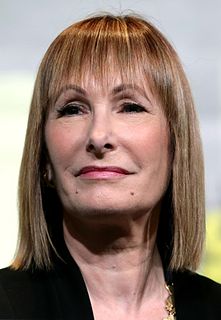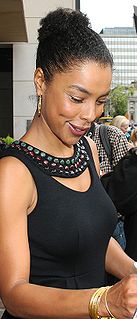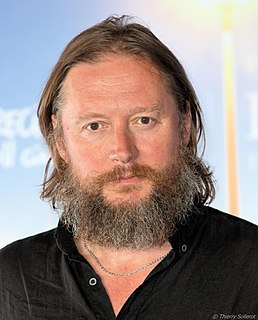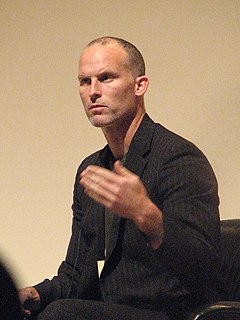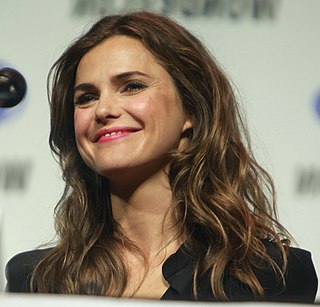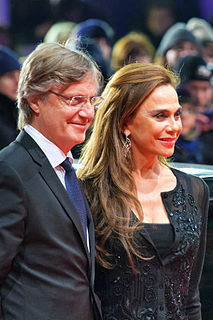A Quote by Stephen King
I think the best stories always end up being about the people rather than the event, which is to say character-driven.
Related Quotes
The great thing about television is that you get to tell, like with "The Walking Dead", 16 hours worth of character-driven storytelling in less time than it takes to make a feature film. So, it really is a medium at least for storytellers who are passionate about not only the genre but also the character-driven genre stories. It's probably a better medium.
I'm drawn to stories about ordinary people who get tangled up in an extraordinary event or idea or emotion. I'm not saying I don't love films about super-people or super-doctors, but my preference is for stories about how we get through this life, what it is to be human, because I'm always struggling with it myself.
Event cinema is what it is, and I understand why it's successful. It started with things like 'Jaws,' which are extraordinary movies. But what we've lost are great character films which are beautifully directed and had great movie stars in them. Films that were about something rather than about spectacle.
Plays are literature: the word, the idea. Film is much more like the form in which we dream - in action and images (Television is furniture). I think a great play can only be a play. It fits the stage better than it fits the screen. Some stories insist on being film, can't be contained on stage. In the end, all writing serves to answer the same question: Why are we alive? And the form the question takes - play, film, novel - is dictated, I suppose, by whether its story is driven by character or place.
Im drawn to stories about ordinary people who get tangled up in an extraordinary event or idea or emotion. Im not saying I dont love films about super-people or super-doctors, but my preference is for stories about how we get through this life, what it is to be human, because Im always struggling with it myself.
I always say people would rather be nice than right. I like to be nice too, but come on. People frequently ask me, what is my definition of politically correct. My answer is always the same: the elevation of sensitivity over truth. People would rather be nice than right, rather be sensitive than true. Well, being nice and sensitive are important, but they're not more important than being right; they're not more important than the truth.
I think it's quite common and realistic. There are many stories like this [in Waitress]. [Jenna, my character] marriage looks really horrible up on the screen but I think there are a lot of people in bad relationships who wake up and think to themselves: "Wow, how did I end up here? Why am I still here and so unhappy and not satisfied with my life?"



